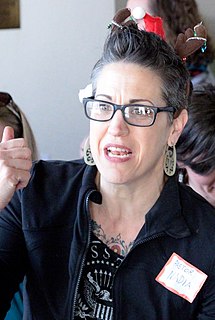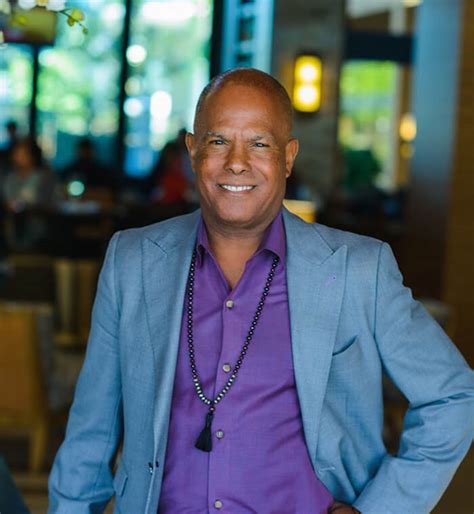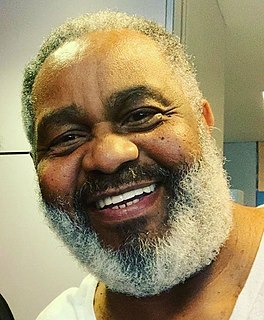A Quote by Antoinette Bosco
If we don't forgive, we stay emotionally handcuffed to the person who hurt us.
Related Quotes
We forgive, if we are wise, not for the other person, but for ourselves. We forgive, not to erase a wrong, but to relieve the residue of the wrong that is alive within us. We forgive because it is less painful than holding on to resentment. We forgive because without it we condemn ourselves to repeating endlessly the very trauma or situation that hurt us so. We forgive because ultimately it is the smartest action to take on our own behalf. We forgive because it restores to us a sense of inner balance.
When an injustice happens, we want to be vindicated. People feel that if they forgive the person who hurt them, then they will continue to take advantage of them or not take responsibility for what they did wrong. If we're honest, we'll admit that we usually want the person who hurt us to pay for what they did. We can't get past this until we get the revelation that only God can pay us back. He is our Vindicator - He will heal and restore us if we will trust Him and forgive our enemies as He has told us to do.
We hurt each other, is the point. Hurt, annoy, embarrass, but move on. People, it just doesn't work that way. Your own feelings get so complicated that you forget the ways another human being can be vulnerable. You spend a lot of energy protecting yourself. All those layers and motivations and feelings. You get hurt, you stay hurt sometimes. The hurt affects your ability to go forward. And words. All the words between us. Words can be permanent. Certain ones are impossible to forgive.
Sometimes people hurt us unintentionally. We may view that they've hurt us intentionally and want revenge. But sometimes when we really look back again, we can see that they weren't intentional in trying to hurt us. That's when we need to confess our judgment of them and forgive them for their unintentional hurts committed against us.
What is forgiving? Forgiving is giving up all claim on one who had hurt you and letting go of the emotional consequences of the hurt. How can we do that? It's done at the price of beating back our pride. By nature we are selfish. Forgiving, by definition, is unselfish. Being hurt by another person wounds our pride. Pride stands in the way of forgiving. We cannot forgive without God's help. It might be possible for us to forgive something inconsequential without God's help; but in significant matters, we are unlikely to accomplish anything without God's involvement in the process.
They say that when god was in Jerusalem he forgave his murderers, but now he will not forgive an honest man for differing with him on the subject of the Trinity. They say that God says to me, "Forgive your enemies." I say, "I do;" but he says, "I will damn mine." God should be consistent. If he wants me to forgive my enemies he should forgive his. I am asked to forgive enemies who can hurt me. God is only asked to forgive enemies who cannot hurt him. He certainly ought to be as generous as he asks us to be.
Forgive a wife-slammer if you can. But you don't have to live with him. Forgive a husband who is abusing your children if you can. But only after you kick him out of the house. And if you can't get him out, get help. It's available. In the meantime, don't let him near the kids, and don't let anyone tell you that if you forgive him it means you have to stay with him. [There's an important difference between forgiving a person and tolerating their bad behavior.]

































